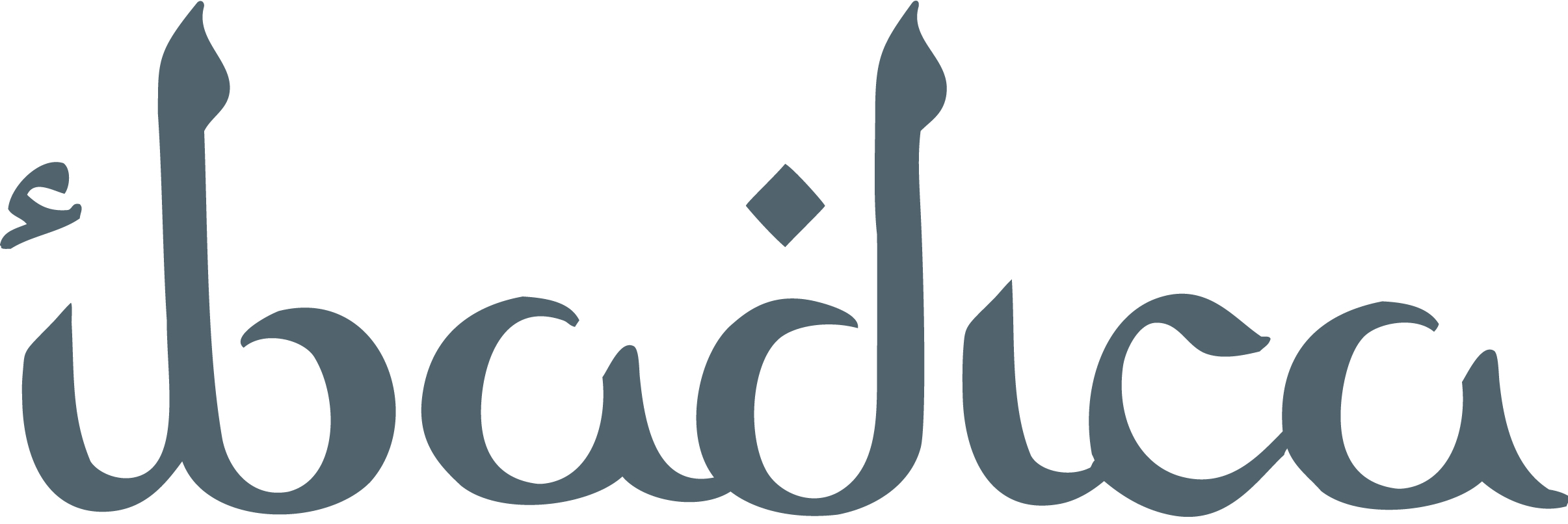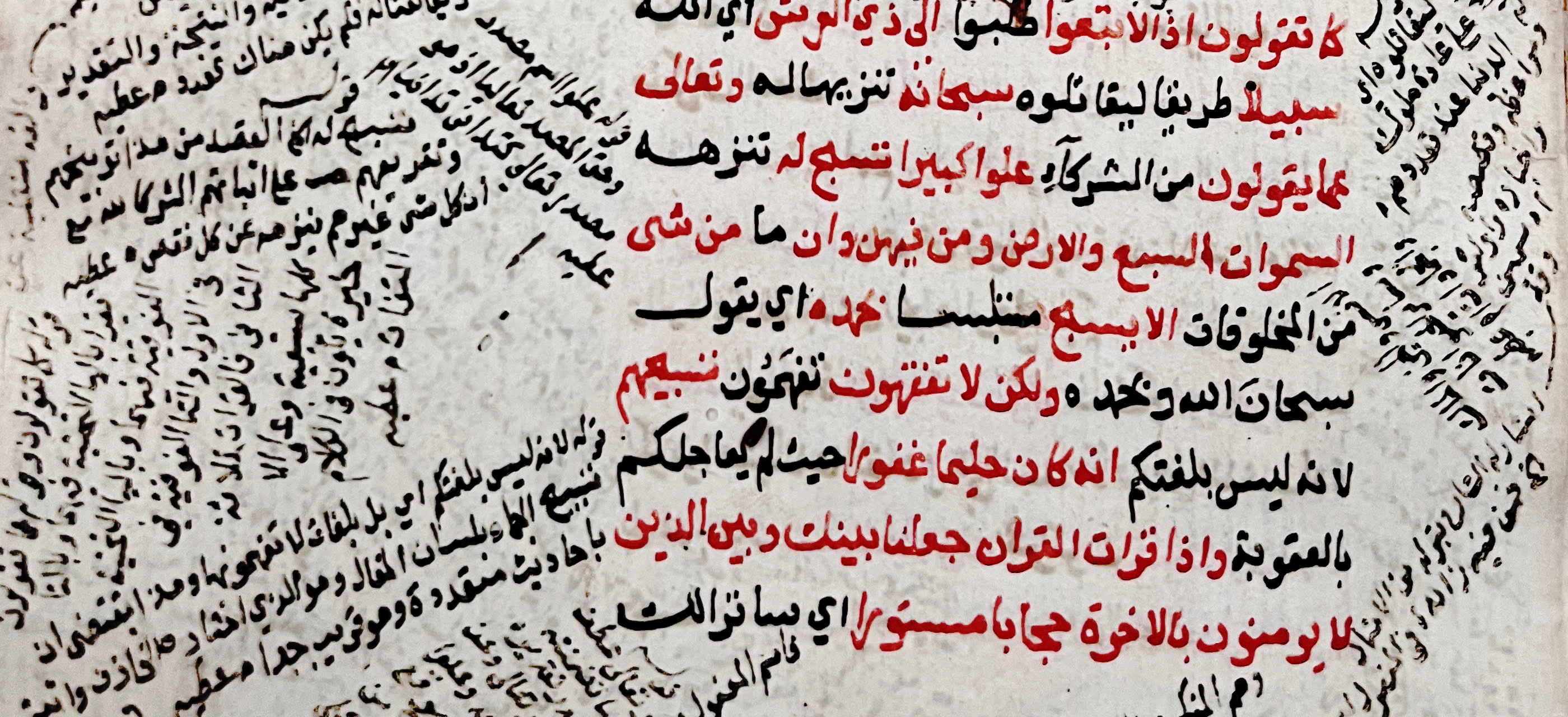“Useful” Knowledge and Moral Education in Zanzibar Between Colonial and Islamic Reform, 1916–1945
Contenu
- Titre
- “Useful” Knowledge and Moral Education in Zanzibar Between Colonial and Islamic Reform, 1916–1945
- Créateur
- Bolton, Caitlyn Voir tous les contenus avec cette valeur
- Date
- 2022
- Dans
- Islamic Africa Voir tous les contenus avec cette valeur
- Résumé
- The introduction of colonial schooling in Zanzibar was aimed at improving economic productivity, drawing on an exchange of educational theory with the American South to ensure a labor supply for the post-emancipation plantation economy. Yet colonial officials faced a key problem: students did not attend, preferring instead to continue studying in Qur’anic schools, institutions roundly derided by colonial officials. To secure attendance, colonial officials engaged local Muslim leaders to create an Islamic studies syllabus. While reflecting transnational Islamic reformist trends, this syllabus ultimately backfired as local parents protested its lack of moral content. Based on research in the Zanzibar National Archives, this article recounts the tensions and overlap between colonial officials, Islamic leaders connected to transnational discourses of reform, and local Muslim parents over what constitutes truly “useful” knowledge. It argues that colonial education was not particularly successful in forming students into the hard-working agricultural subjects it envisioned. It was successful, however, in orienting public institutions towards economic progress, and shifting public discourses on morality and religion to suit that goal.
- Langue
- eng
- volume
- 12
- numéro
- 1
- pages
- 27-54
- doi
- 10.1163/21540993-01201002
- issn
- 0803-0685, 2154-0993
Bolton, Caitlyn, ““Useful” Knowledge and Moral Education in Zanzibar Between Colonial and Islamic Reform, 1916–1945”, 2022, bibliographie, consulté le 15 janvier 2025, https://ibadica.org/s/bibliographie/item/23626
Position : 3223 (29 vues)

